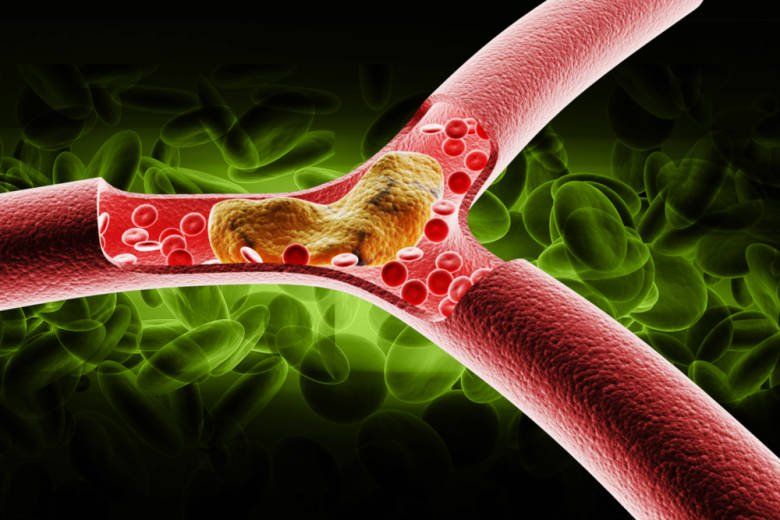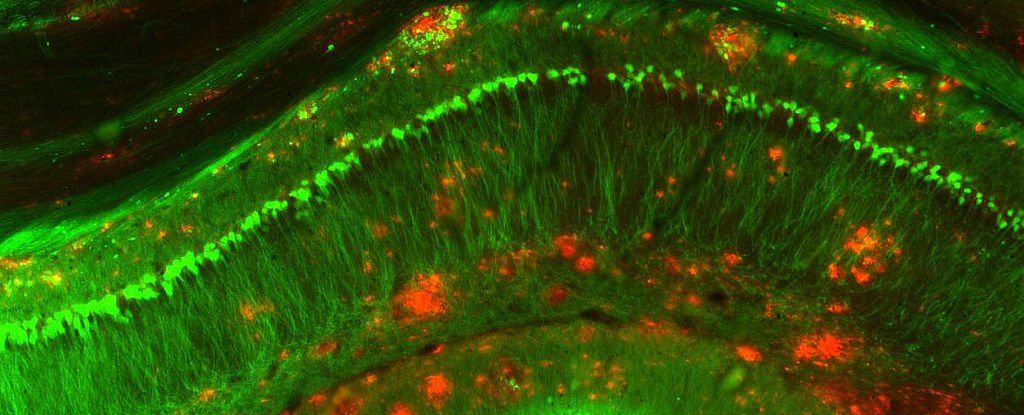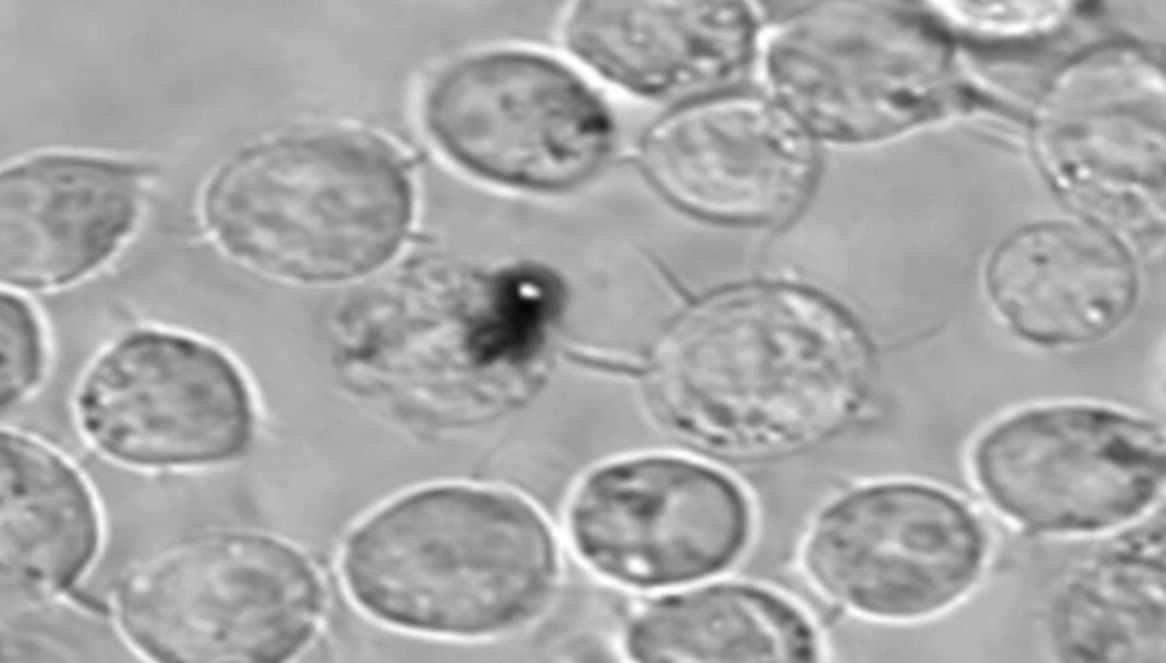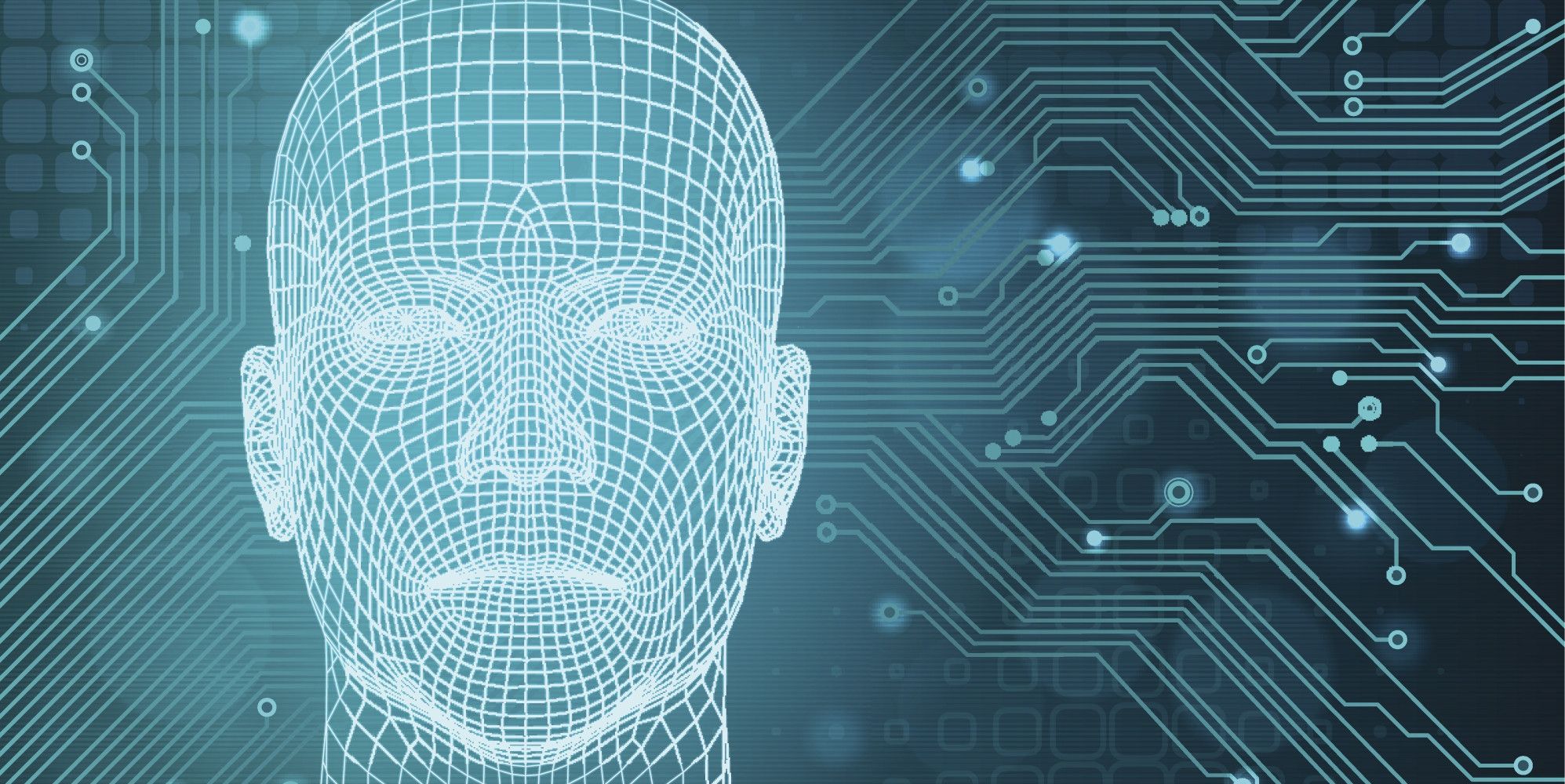Apr 23, 2016
Understanding Neuroendocrine Tumors and Carcinoid Syndrome
Posted by Karen Hurst in categories: biotech/medical, genetics
Bringing awareness on a syndrome that makes it hard for families and patients trying to have genetic testing on cancers in their families. I first came across this syndrome with a researcher at Swedish Medical Center’s Cancer Research Group. Some families can have so many various cancers that genetic testing is extremely costly to patients and may not be able to pinpoint the mutation due to this syndrome.
Yet misdiagnosis remains an ongoing challenge, and a recent international study involving more than 100 countries and nearly 2000 patients revealed the average case takes between 5 and 9 years to properly diagnose after the first symptoms appear, and the average patient may see five or six doctors, noted Richard R.P. Warner, MD, in an interview with Oncology Nursing News.
“You can’t detect it, if you don’t suspect it,” said Warner, who directs the Center for Carcinoid and Neuroendocrine Tumors at Mount Sinai Hospital. Most doctors will only see one or two cases in their lifetime, and symptoms of NETs, like diarrhea and recurrent episodes of flushing, are associated with other, more commonly seen conditions.
Continue reading “Understanding Neuroendocrine Tumors and Carcinoid Syndrome” »

















